Practicing the Buddhist religion requires time and patience!
Buddha came from a very wealthy family before his enlightenment and became an icon for Buddhists. He spent the rest of his life teaching the principles of Buddhism, which are called the Dhamma. It is both a religion and a way of life. The rules in this belief are very strict. It means the Truth. He taught until his death at the age of 80. In this article, we will present the different stages of practicing Buddhism.
What is Buddhism?
Buddhism is an Eastern religion practiced by several countries in the Far East such as China, Vietnam, Thailand, Siberia, and other surrounding countries. Nevertheless, it is now spread throughout the world. It is famous for its practices of meditation and the belief in reincarnation. The Buddha is an icon of Buddhist philosophy. It embodies Asian culture and the culture of the United States as well as Eastern customs. Buddhism explains the purpose of life, inequality, and injustice.
This doctrine has been passed down from generation to generation through oral teaching before being recorded. It was after many centuries after the death of Buddha that texts on the Buddhist faith existed. Indeed, Buddhism is one of the oldest religions in religious history.
Follow the Bodhisattva vows to the letter

The Bodhisattva vows are the best-known and most recited series of commitments in the Far East. There are four of them, and they can be found in many Mahayana sutras. They represent the essence of the bodhisattva ideal. They are also implicit in the bodhisattva ideal and in Buddhism itself. The four great vows contain the spiritual aspirations of many people. It is also a public matter that is part of public reality.
It should be known that everyone without exception suffers internally, whether rich or poor, beggars or import collectors. However, they suffer daily martyrdom because they are looking for happiness. Suffering is caused by envy and aversion. We are often exposed to temptation and malversation on a daily basis. Every time we come into contact with others, we are exposed to other people who influence our thoughts. We tend to conform, manipulate, and alienate ourselves to the demands of those around us. However, according to the Bodhisattva vows, it is possible to get out of this suffering if we decide to attain Nirvana and live a life according to the Noble Path. To seek happiness, one must not be discouraged. On the contrary, one must persevere.
According to the Bodhisattva vows, it is necessary to attain nirvana to have a life without suffering. Nirvana means the state of Buddha. It is entirely possible to attain nirvana provided one surpasses spiritual and bodily suffering. One must also be open to the world and explore knowledge and wisdom concepts. The goal is to know oneself and the world in order to avoid disturbing factors. These always lead to suffering that imprisons the mind. To free oneself, one must detach oneself from material attachments and the desire of the flesh.
Furthermore, practicing Buddhism also involves continuing to learn. Education allows you to free yourself from this burden. When one knows and understands a little about life and the world, one knows how to act and what to do. One cannot go wrong if one knows the causes and consequences of actions.
Respect Buddhist precepts and commitments

According to Buddhist practice, there are commandments that must be strictly observed. The first is to avoid killing a living being, whether human, animal, or even an insect. Everything in nature is sacred. In this case, it is forbidden to end their lives. The practice of Buddhism encourages love for creatures and the avoidance of all forms of violence against them. It is because of respect for the lives of living creatures that most Buddhists have become vegetarians. According to Buddhist faith, actions that deviate from these precepts are not condemned, but the consequences will be attributed in the afterlife.
The prohibition against stealing is also one of the pillars of Buddhist precepts. It is strongly forbidden to take something that does not belong to oneself, even food. One must resist the temptation and desire to forcibly possess something that belongs to others. Abstaining is therefore a Buddhist way of life.
Moreover, manipulation and exploitation of others are also taboo for Buddhist belief. This concerns all forms of exploitation, whether physical, sexual, or emotional. Any relationship with a person must be consensual and with respect for the other. The practice of Buddhism does not mean and does not require abstinence. One must only have self-control and be aware of all one's acts and behaviors towards all emotional relationships. It is obvious that Buddhist teaching prohibits any form of perversion and adultery. It encourages, however, the simplicity of a relationship, honesty, and sincerity.
Buddhist religion encourages practitioners to always be honest with themselves and others. Telling false speeches or false testimonies is sacrilege in the practice of Buddhism. This means that one must absolutely not lie when aspiring to follow this religion.
The last rule of life for a Buddhist is the prohibition of consumption of psychotropic products. These substances are drugs, alcohol, tobacco, and hallucinogenic products. The consumption of these toxic substances affects mindfulness and can disturb the mind. Often, drug addicts are not masters of their decisions. These products make them suffer and make them commit reckless acts like violence, theft, and fraud.
Mastering the practice of Buddhism through its teachings

In the practice of Buddhism, there are teachings that help each person understand how their mind works. It is up to each individual to find the pedagogy with the corresponding teachings and meditations that will help them progress. This step is very important to avoid doing anything in life. The first teaching is to consider karma. This is a law of cause and effect like the concept of determinism. Buddhist philosophy believes that every cause has a consequence and every consequence has a cause. This means that past actions determine future lives. One must therefore act or make an important decision with full knowledge of the consequences. Karma according to Buddhist belief leads to samsara. Indeed, it is actions that determine future conditions. Hence the need for pure moral conduct to have good karma and be reborn in a superior condition or to attain nirvana if one has rid oneself of all bad karma. Conversely, if one does good deeds, one can be sure of having peace of mind. They also provide well-being.
Believe in Samsara
In the Buddhist religion, there are customs and traditions that every Buddhist must follow. In the practice of Buddhism, one must therefore believe in its beliefs, including samsara, which is called reincarnation in the West. Samsara defines a belief in the vicious circle of human life. This concerns the incarnation and rebirth of men after death. It is an infinite cycle where man suffers constantly and indefinitely because he is connected to samsara. No one can escape their samsara. According to Buddhist belief, it is under the tree of awakening that Buddha becomes aware of samsara. He was remembering his past lives.
It should be noted that samsara has as its essence emptiness, as its property suffering, and as its aspect delusion.
Respect Nature

If one wants to practice Buddhism, one must live humbly by respecting nature. Humility is undoubtedly the fundamental value of Buddhist practice. A person according to this religion must accept what he is and resign himself. He must explore wisdom and knowledge more than material wealth and power.
Achieving the middle way is also part of Buddhist precepts. It is a very special teaching that allows the Buddhist practitioner to preserve himself from exaggeration and extremes. According to Buddhist belief, only the middle way is the path to happiness. It is also the way to the cessation of misery and suffering.
Practice Buddhism by meditating
In Buddhist religion, every person must meditate for the stability of the mind, the mind, and the body. This technique consists of calming down and framing oneself in the face of a difficult or problematic situation. Its goal is to calm the mind and center oneself in one's body. Its advantage is to provide peace within oneself. Thus, one can efficiently ensure daily responsibilities. Buddhist meditation would also be an effective method of concentration. It is based on breathing considered as the cornerstone of meditation and most relaxation methods. Breathing is excellent for reducing negative thoughts that disturb the mind. By focusing on this breath, one can occupy the brain by focusing it on something calm.
Buddhist meditation also brings many benefits to the person who practices it, especially on their personal development, mind, body, general health, but also on their relational aspects. It is considered one of the best solutions to eliminate all forms of constraints, release accumulated stress, promote positive experiences and intentions. Then, during this practice, one can make the most of the tranquility of consciousness.
Furthermore, meditation improves memory capacity and learning ability. Indeed, it is an effective process for awakening new neuronal connections and even transforming brain regions.
Learning to always calm oneself

In order to practice Buddhism, one must also learn to manage one's emotions, to know oneself better, and to gain serenity. To achieve this, some rules must be respected. As human beings tend to follow social regulations, constraints established by society, it is necessary for the individual to learn to detach and internally let go of the real world. This is useful for lightening the conscience a little and nurturing freedom. Then, during this time of lightening, one must focus more on one's path and objectives in life. According to Buddhist belief, everyone has at least one talent and skill in something. The goal is to optimize one's personal ability by trying to express the strength of one's thoughts. Moreover, each talent has unique needs corresponding to creative expression. This is what gives meaning to life.
One of the rules to consider in Buddhist learning is also to believe in the existence of a spiritual life as well as the fundamental value of the mind. With such a vision of life, one can already appreciate what one has by easily expressing love to others.
Taking the time to rest in silence to have access to internal dialogue with oneself is part of the first practice of Buddhist meditation. This consists of dropping the burden on the conscience and rising into a metaphysical life while respecting the rules of Buddhist belief and practice.





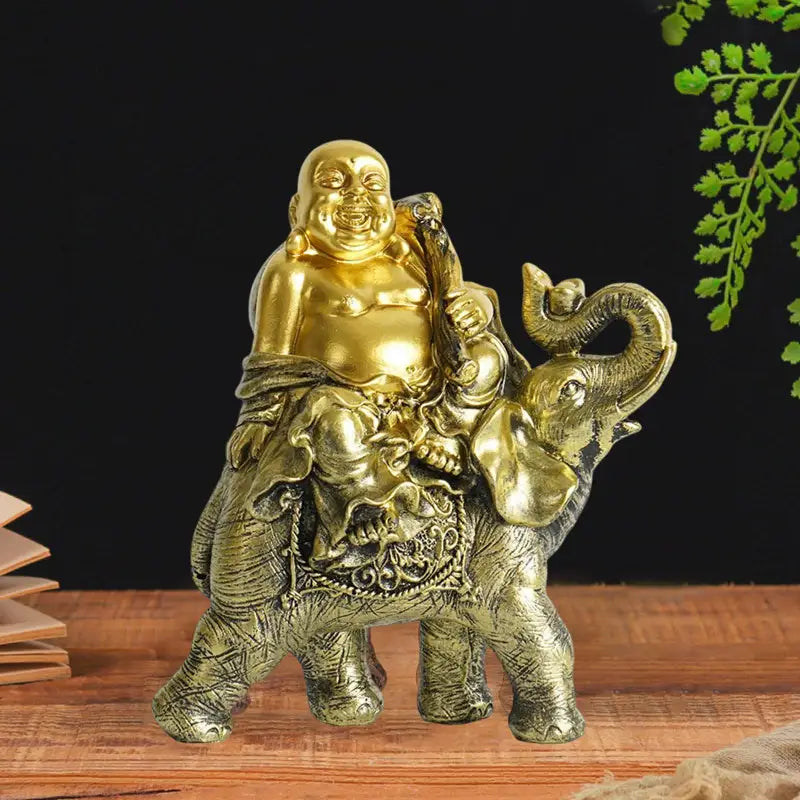
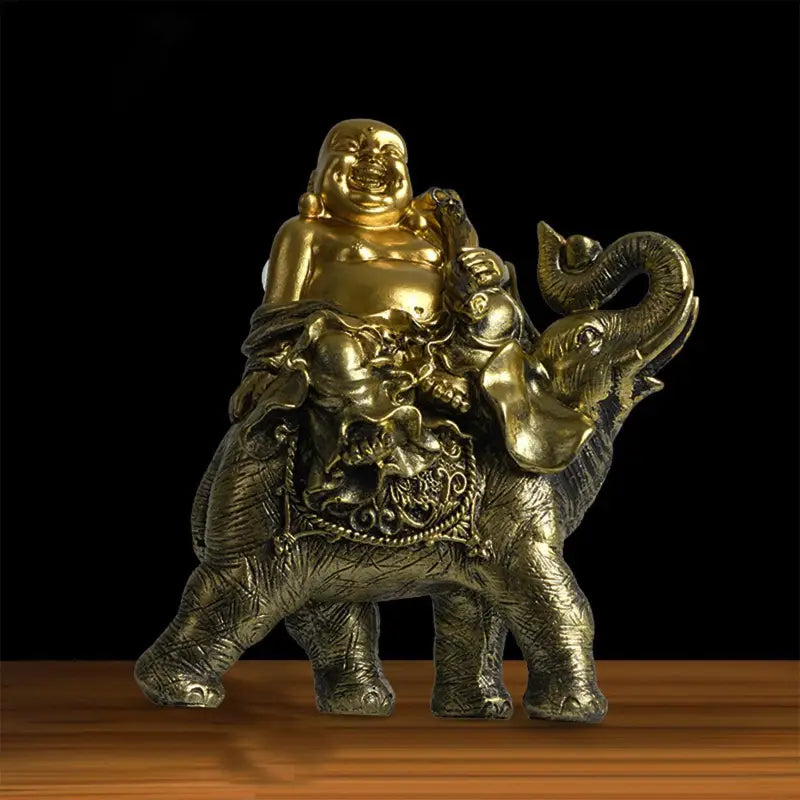


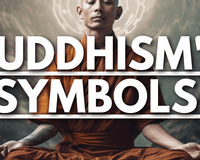
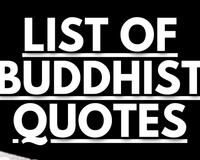
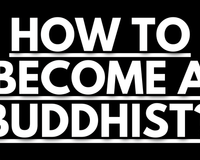

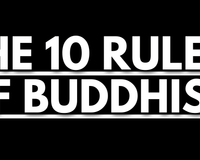













1 comment
Mathieu
Je suis vraiment intéressé comment faire